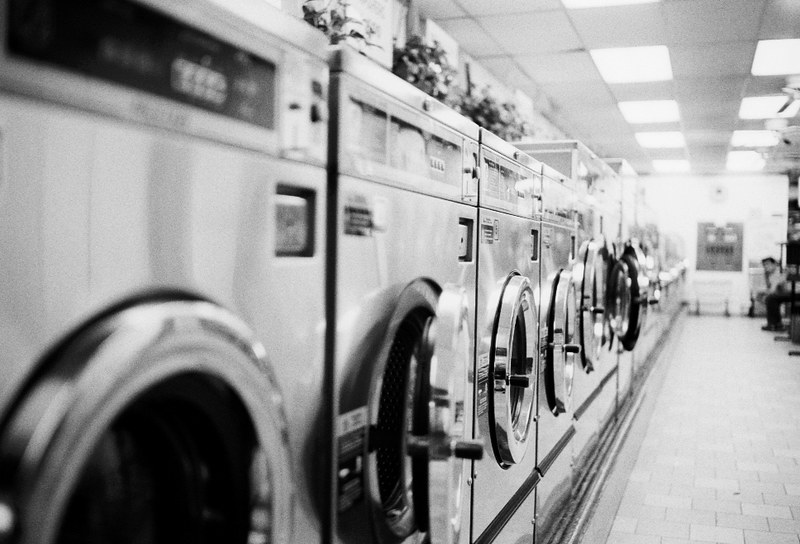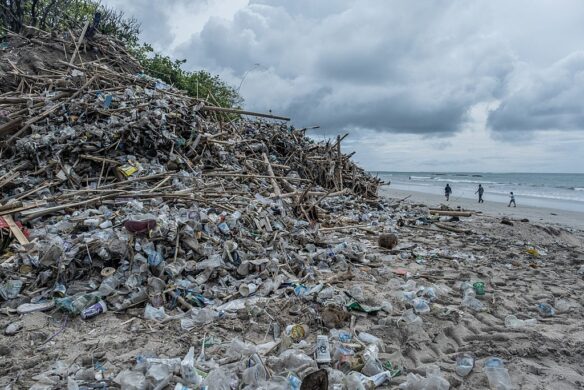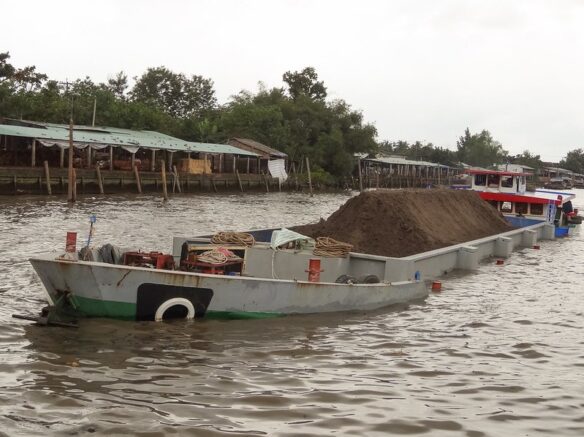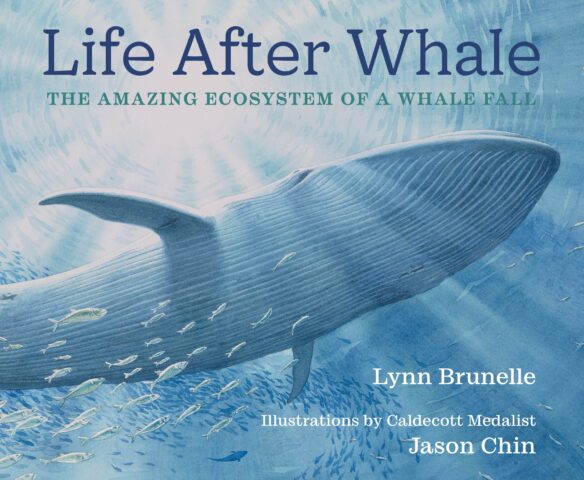Excerpt:
Simple filters could help remove microfiber pollution from your laundry. But experts say a broader portfolio of solutions is needed to address the problem.
As environmental challenges go, microfiber pollution has come from practically out of nowhere. It was only a decade or so ago that scientists first suspected our clothing, increasingly made of synthetic materials like polyester and nylon, might be major contributors to the global plastic problem.
Today a growing body of science suggests the tiny strands that slough off clothes are everywhere and in everything. By one estimate, they account for as much as one-third of all microplastics released to the ocean. They’ve been found on Mount Everest and in the Mariana Trench, along with tap water, plankton, shrimp guts, and our poo.
Research has yet to establish just what this means for human and planetary health. But the emerging science has left some governments, particularly in the Global North, scrambling to respond. Their first target: the humble washing machine, which environmentalists say represents a major way microfiber pollution reaches the environment.
Late last month a California State Assembly committee held a hearing on Assembly Bill 1628, which would require new washing machines to include devices that trap particles down to 100 micrometers — roughly the width of human hair — by 2029. The Golden State isn’t alone here, or even first. France already approved such a requirement, effective 2025. Lawmakers in Oregon and Ontario, Canada have considered similar bills. The European Commission says it’ll do the same in 2025.
Environmental groups, earth scientists and some outdoor apparel companies cheer the policies as an important first response to a massive problem. But quietly, some sustainability experts feel perplexed by all the focus on washers. They doubt filters will achieve much, and say what’s really needed is a comprehensive shift in how we make, clean and dispose of clothes…









